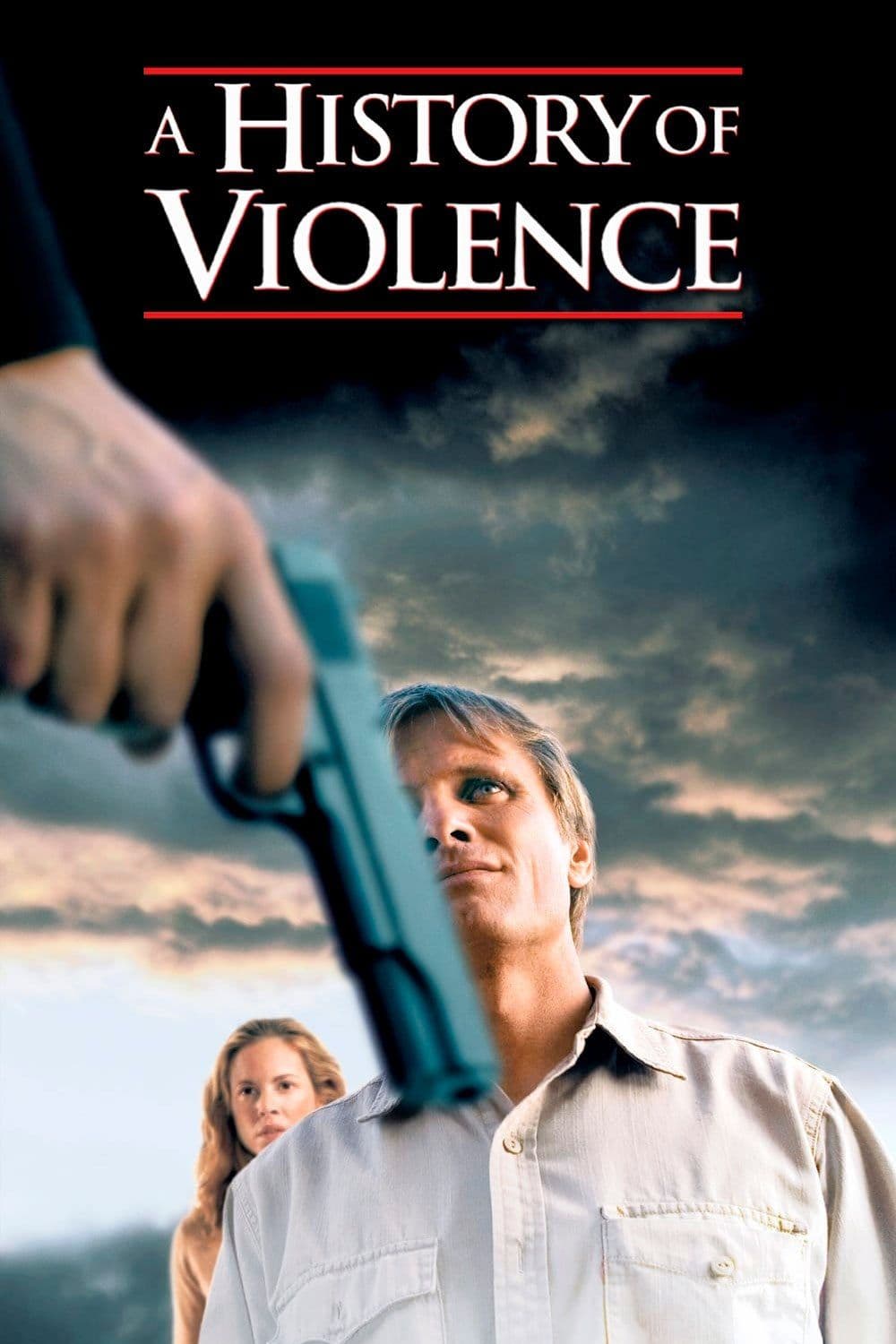
A History of Violence
2005
Rate this movie
Average: 0.00 / 5
(0 votes)
Director
The drift of the perceptible and the disconcerting stalemate between appearance and reality are the themes Cronenberg explores in his new film, doing so by reinterpreting the thriller genre and subverting its canon. Cronenberg does not merely deconstruct the thriller; he reinvents it, transmuting external tension into an endemic unease that springs from the depths of the human soul. The unsettling dialectic between the manifest and the latent, between the facade of bourgeois normality and the primordial abyss of violence, is a constant in his cinema, here expressed with almost surgical lucidity. It is not physical mutation that predominates, as in many of his previous works that probed the limits of the body and flesh (Videodrome, Scanners, The Fly), but rather psychological metamorphosis, the emergence of a "muscle memory" of cruelty, which erodes the constructed self and reveals the inner "monster" hidden beneath the veneer of civilization.
Cronenberg, it must be said, is as eclectic and surprising as ever, tackling the problem of human identity by highlighting the theme first with the classic progression of a thriller, then with the subtle contours of psychodrama. This thematic evolution marks a mature and perhaps more philosophical phase of his career, where horror is no longer merely visceral but becomes existential. The problem of human identity is here dissected with the precision of an entomologist, revealing how it is not an unalterable monolith, but a fluid entity, malleable by circumstances and by one's own repressed demons. "A History of Violence" thus becomes a ruthless investigation into human nature, a moral question placed under the magnifying glass: is violence a choice or an inescapable primordial instinct, perhaps even genetically transmitted? The film suggests an uncomfortable answer, rooted in social Darwinism and the persistence of ancestral urges, hidden beneath the veneer of respectability.
Viggo Mortensen delivers an excellent performance as the protagonist, an actor who, under Cronenberg's direction (with whom he would forge a fruitful artistic partnership, culminating in equally intense works such as Eastern Promises and A Dangerous Method), demonstrates extraordinary versatility. His ability to transition from serene paternal good-naturedness to cold, calculating brutality is chilling, and perfectly embodies the duality at the film's core. But it's not only Mortensen who shines; the entire cast offers performances of rare intensity. Maria Bello, as Edie, Tom's wife, is phenomenal in portraying the shock and disorientation facing the unraveling of an unbearable truth; her visceral and complex reaction to her husband's transformation is the true emotional barometer of the narrative. And then there are the faces from the past, sinister and inescapable: Ed Harris, with his menacing calm and piercing eyes as Carl Fogarty, and William Hurt who, in a handful of minutes of unsettling and subtly persuasive evil as Richie Cusack, manages to leave an indelible mark, giving us one of the most memorable cameos in contemporary cinema and earning a deserved Oscar nomination.
The story is adapted from a graphic novel by John Wagner and centers on Tom Stall, a quiet and amiable family man who runs a restaurant in the remote Indiana town of Millbrook. The apparent idyll of American suburbia, a narrative archetype that Cronenberg demolishes with ruthless effectiveness, serves as the stage for this modern tragedy. His life is disrupted by an attempted robbery by two thugs, a random event that acts as a catalyst, uncovering a Pandora's box of latent violence. The man manages to kill the two robbers but his quiet life falls apart with the advent of a kind of media circus celebrating the local hero. This moment, the transformation from an anonymous citizen to an impromptu celebrity, is crucial: it is here that Tom's mask begins to crack under the weight of notoriety, revealing not his true identity, but his forced denial of it.
The echo of his deeds reaches Philadelphia, where a powerful criminal sets out to track him, an looming shadow bringing not only physical threat but the unbearable weight of a past that refuses to remain buried. Tom's wife begins to question who the man beside her has been all her life, and this questioning is not only hers but becomes ours, as viewers, forced to reconsider the essence of the person and the possibility of redemption or radical change. The film interrogates us about the veracity of human bonds when the foundations upon which they are built prove to be a fiction.
Cronenberg's work on the narrative fabric is excellent, unfurled with Hitchcockian mastery toward an increasingly intricate series of doubts and uncertainties. It is not only the suspense that recalls Hitchcock, but the ability to take the common man and thrust him into extraordinary circumstances, observing how his psyche crumbles under pressure. Cronenberg, however, adds a brutality and visceral quality to the depiction of violence that transcends the Hitchcockian "MacGuffin," making it not a narrative pretext, but the thematic core, the very substance of being. The direction is relentless, stark, devoid of rhetoric, yet capable of devastating emotional power, amplified by Peter Suschitzky's cinematography, which illuminates faces and interiors with an almost clinical light that forgives nothing. The scenes of violence are brief, sudden, realistic to the point of horror, and never gratuitous, serving to show the immediate and brutal consequence of actions, and the ease with which man can transition from calm to homicidal fury.
As events unfold, Tom undergoes a psychological metamorphosis depending on who he is interacting with, almost a moral chameleon forced to reveal his true, terrible, skins. This fluidity of identity culminates in one of contemporary cinema's most enigmatic and unsettling endings, a non-ending that offers no catharsis, but only the chilling echo of what has been revealed. At a certain point, the viewer must make a choice and take a hermeneutical path; whether it is the right one will only be known at the end, or perhaps never fully. Cronenberg leaves us with an ambiguity that is his stylistic signature, a warning about the fragility of social constructs and the untamed tenacity of instinct. "A History of Violence" is not just a gripping thriller, but a philosophical essay on violence, on the social mask, and on the inescapable confrontation with one's darkest self. A work that, years later, continues to reverberate with its unsettling power, a true punch to the gut and a fascinating, albeit uncomfortable, reflection on human nature.
Gallery

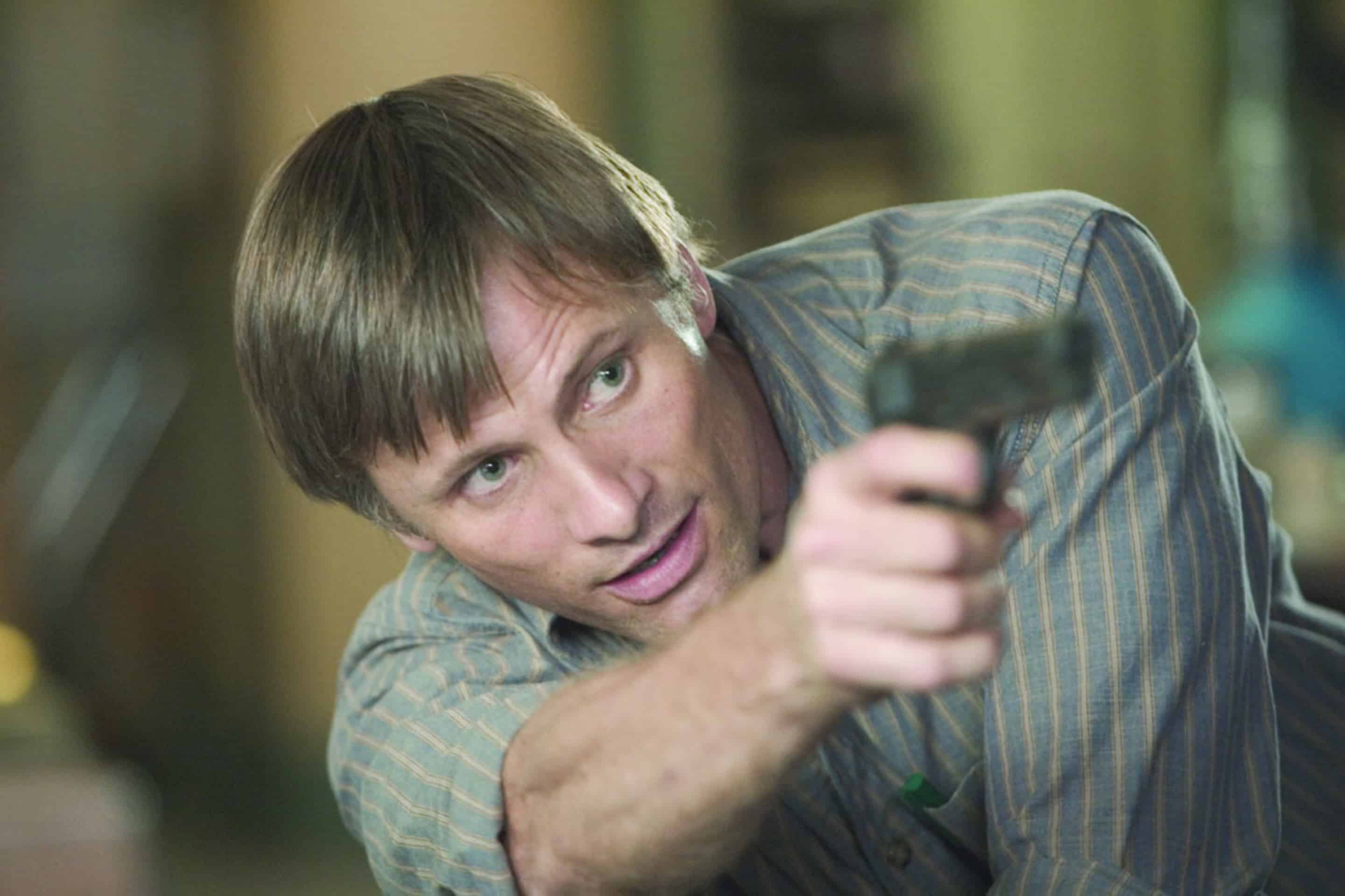
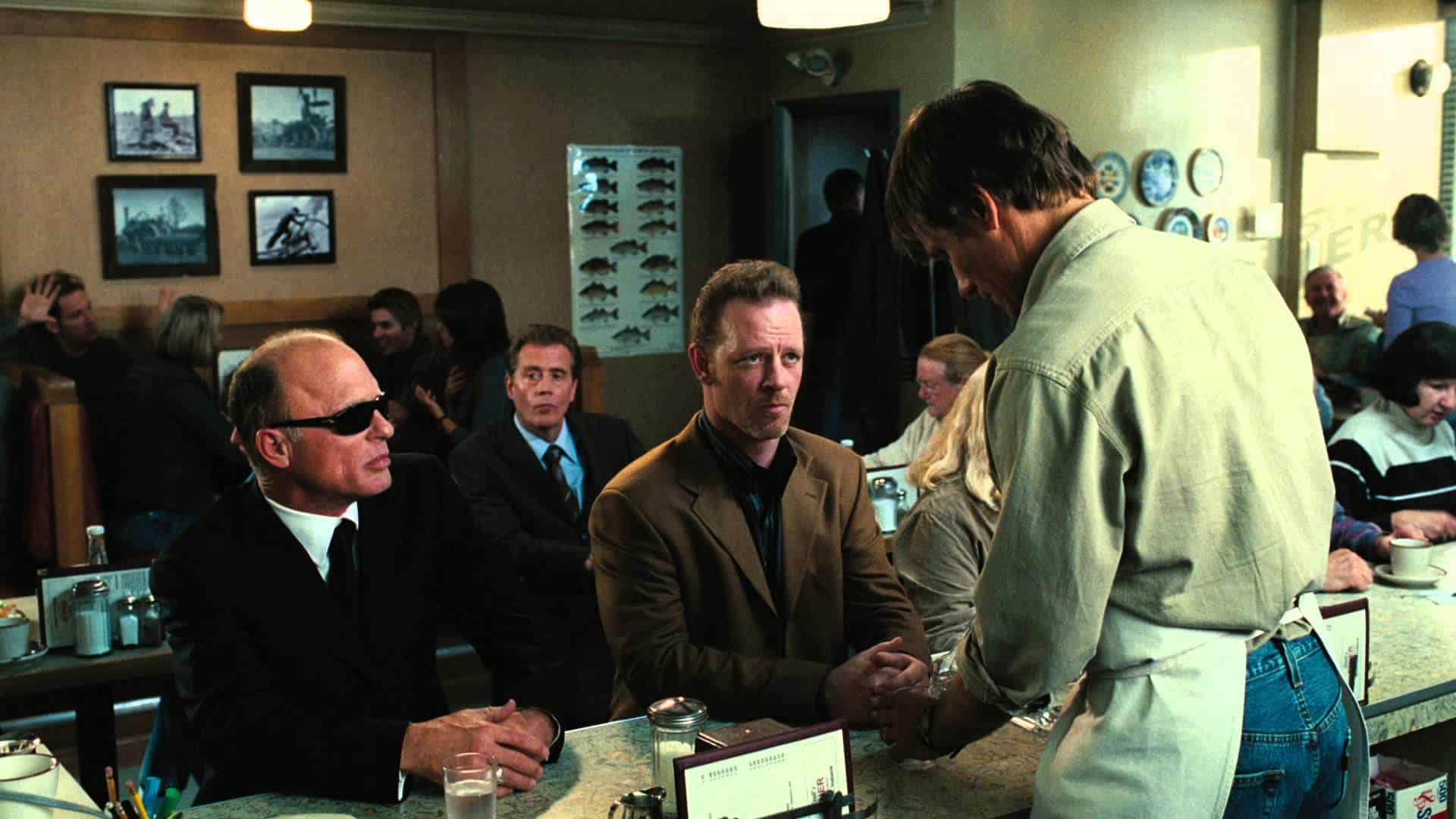
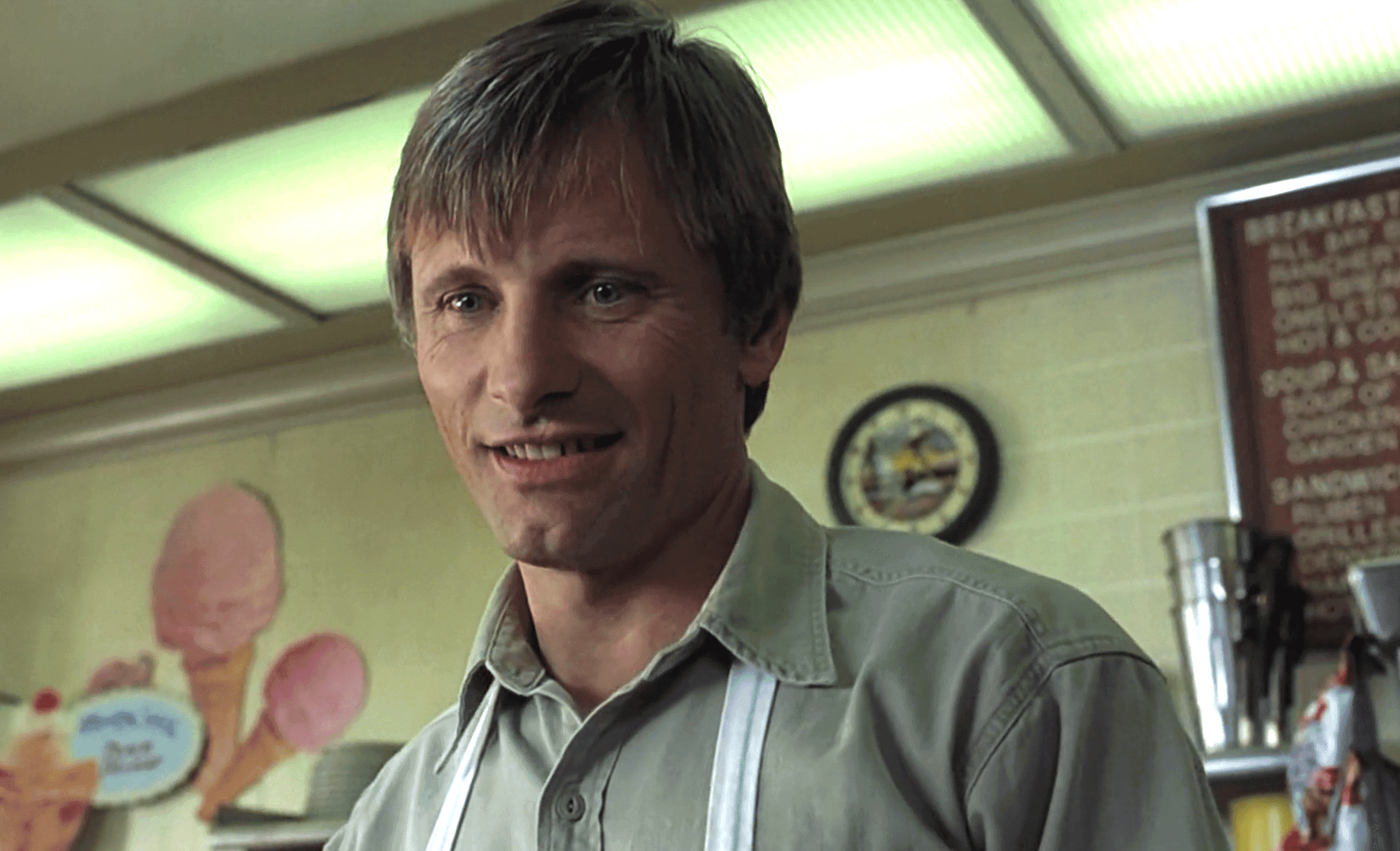
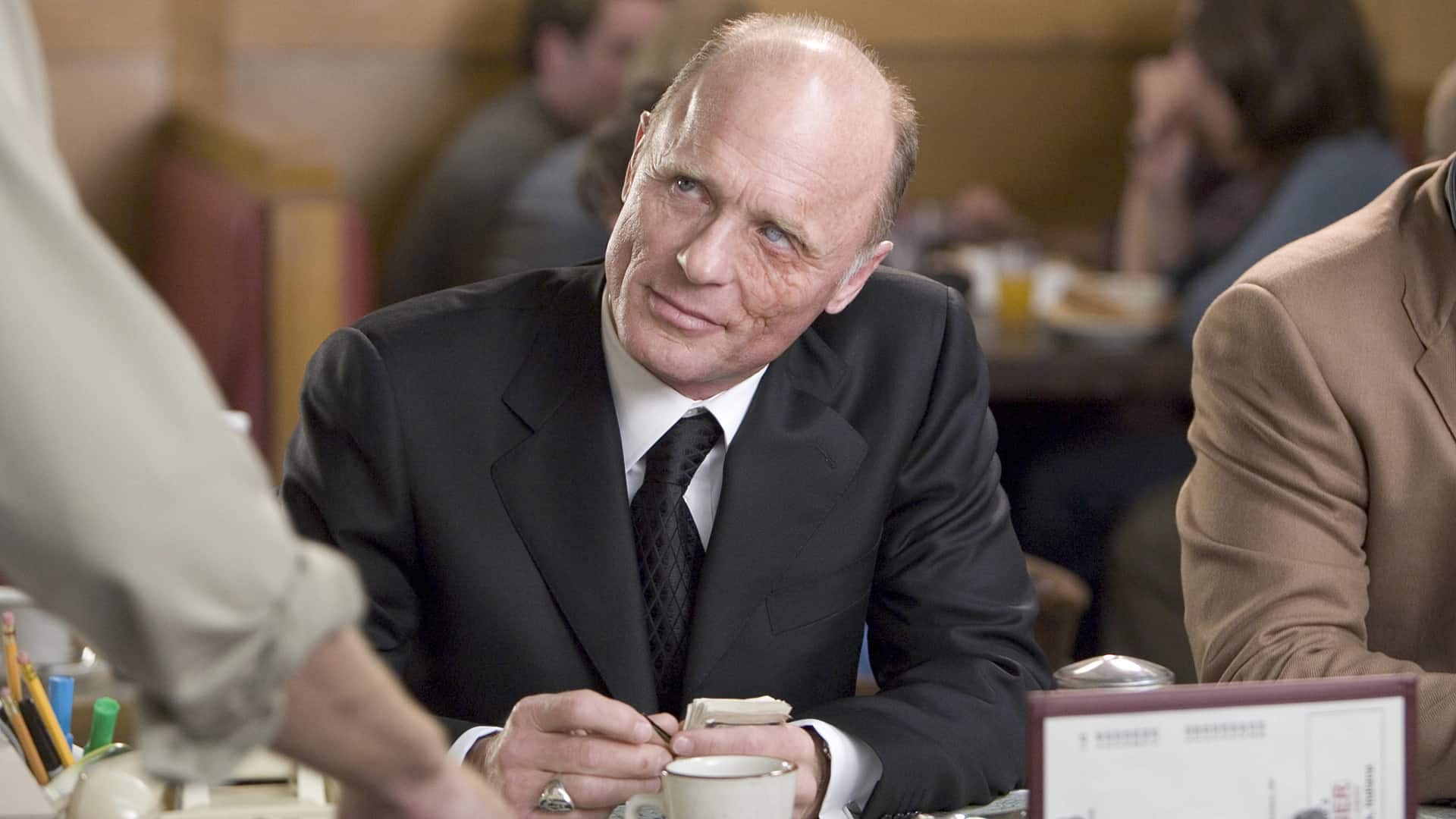
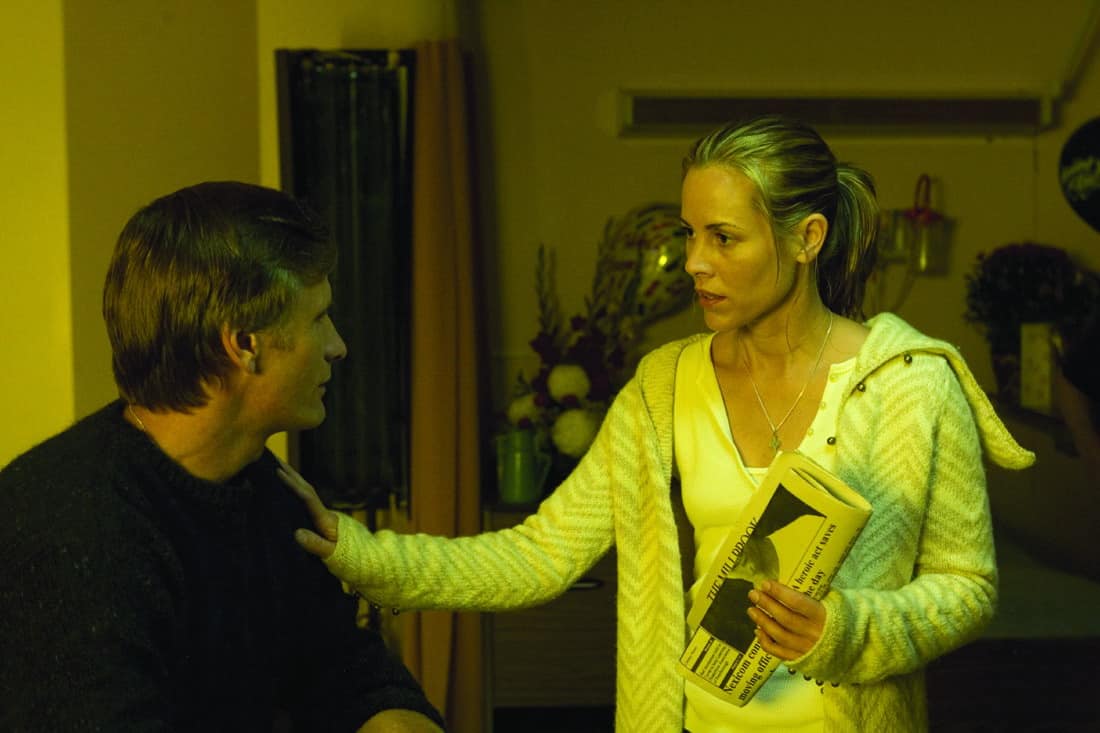
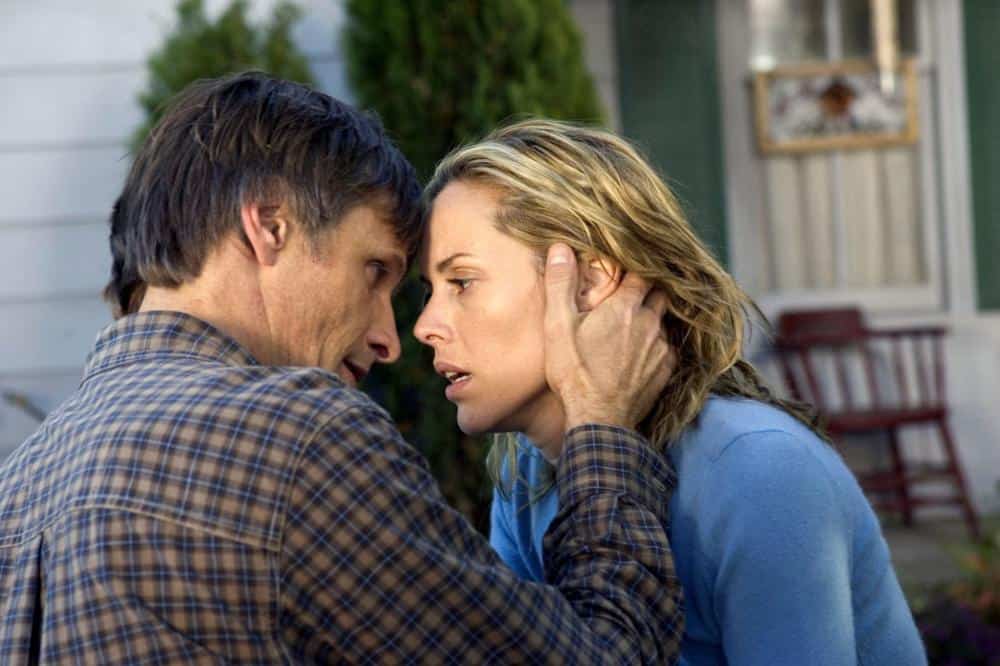

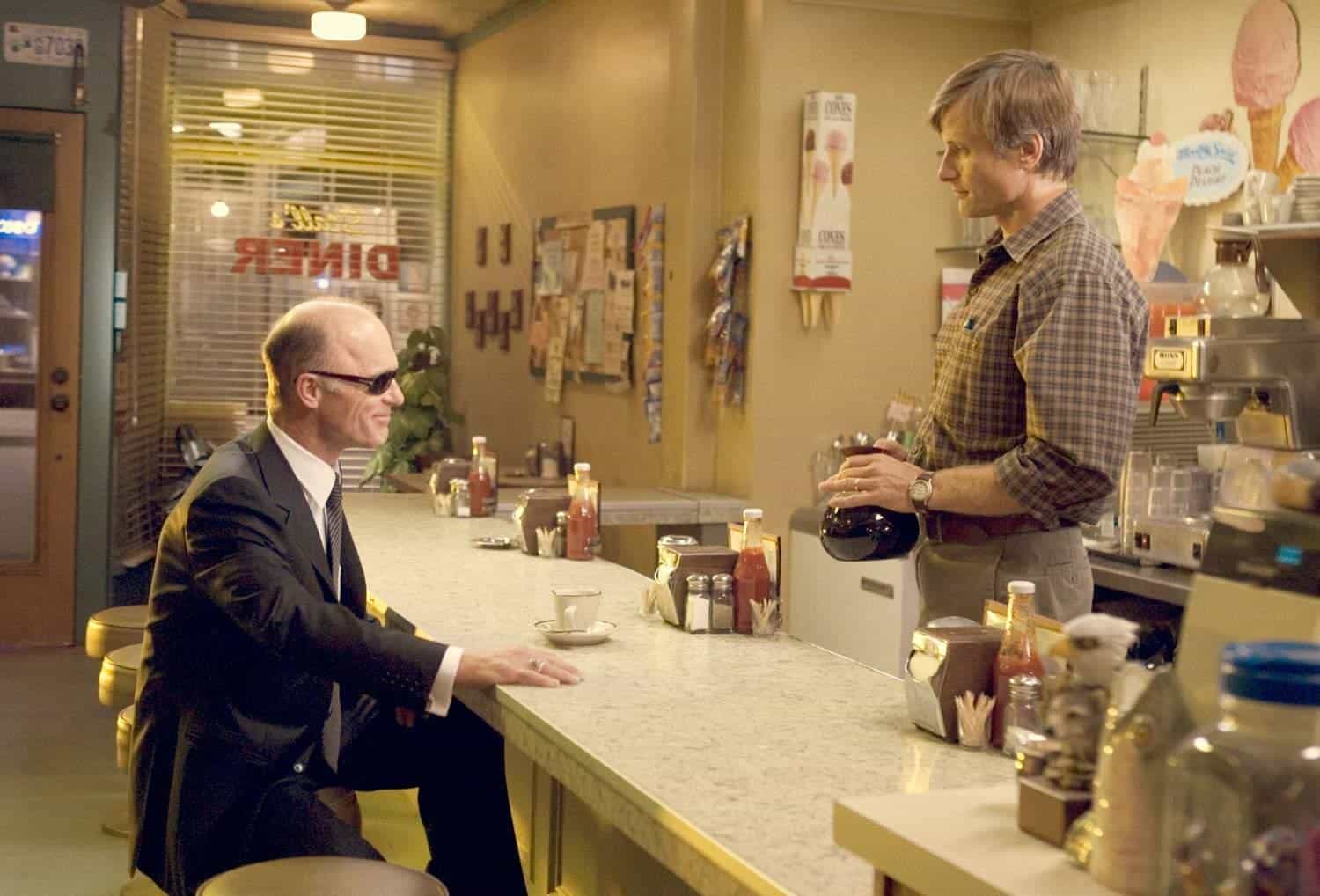
Comments
Loading comments...